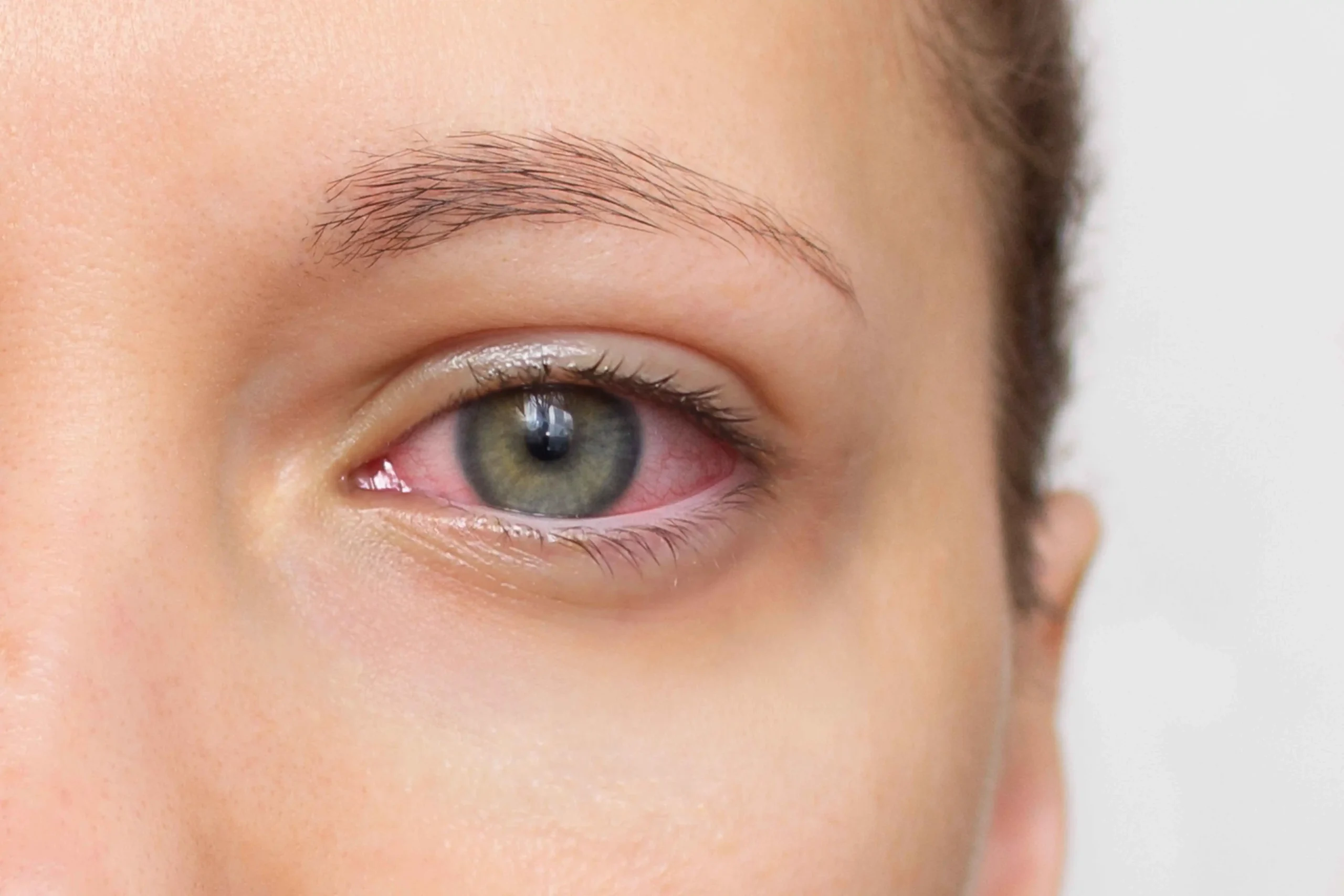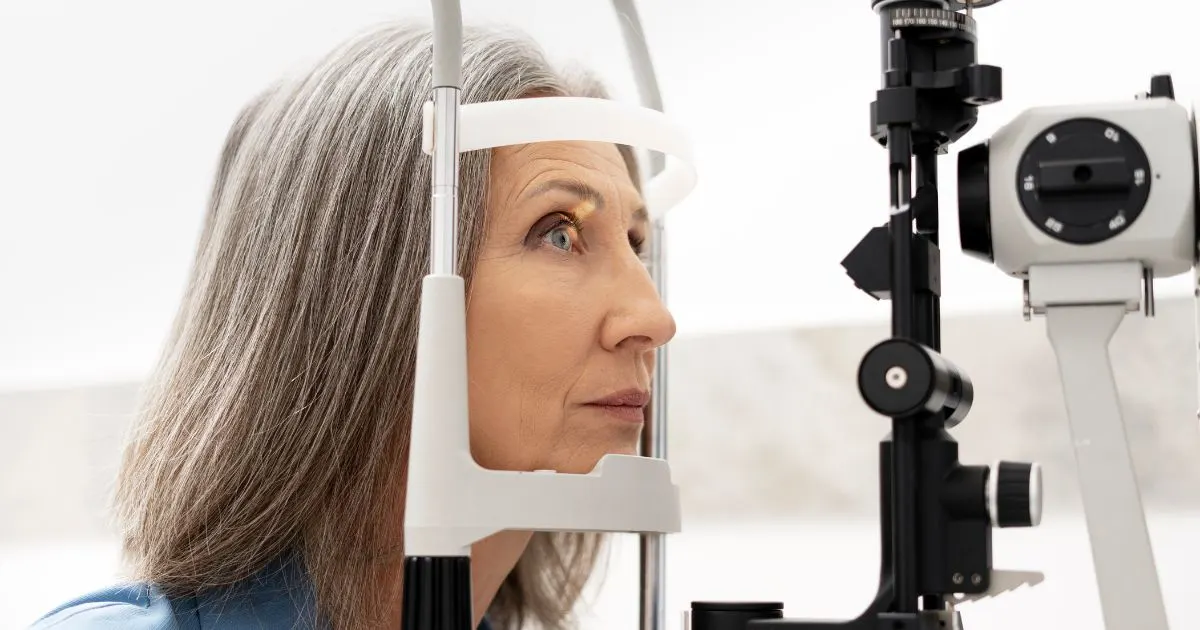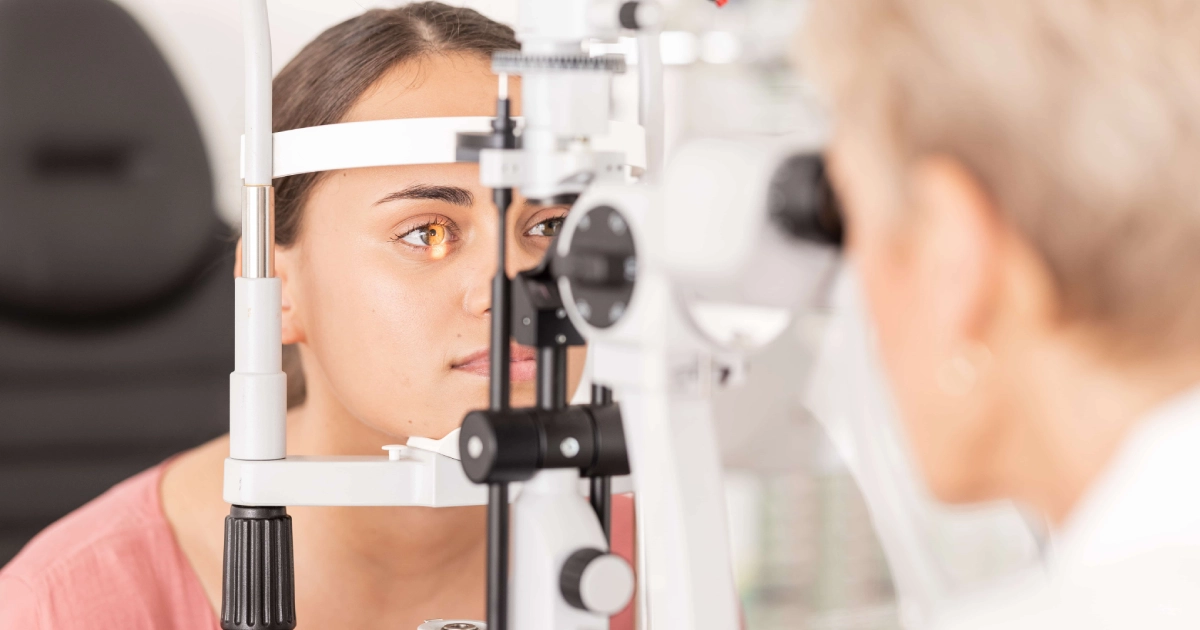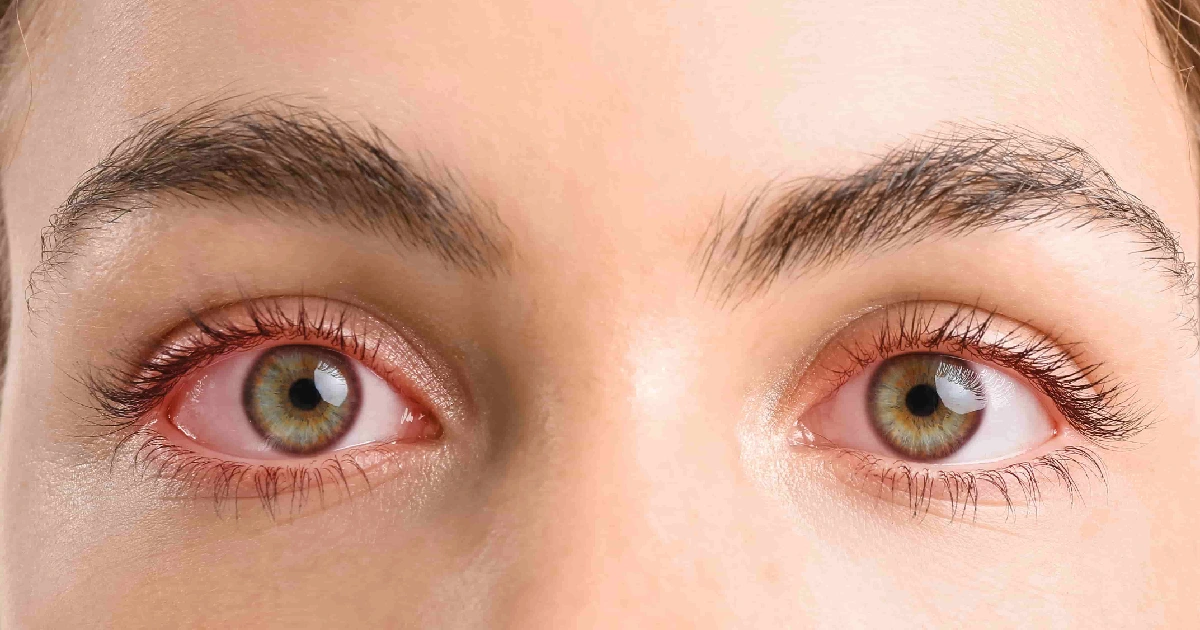Table of Contents
Early and consistent eye care plays a major role in a child’s overall development and academic progress. Pediatric ophthalmologists focus on identifying and addressing visual concerns from infancy through adolescence. At Norwood Park Eye Center in Chicago, IL, our team emphasizes the importance of Pediatric Eye Exams and Treatments to monitor vision development and maintain children’s vision health. Understanding when to schedule exams, what to expect, and how treatments support visual growth can help parents make informed decisions about their child’s eye care.
Why Pediatric Eye Exams Are Important
Pediatric eye exams are specialized evaluations designed to detect and address eye health concerns unique to children. Unlike standard vision screenings, which may only assess visual acuity, comprehensive pediatric exams go further. They include tests for eye alignment, depth perception, and the ability to focus.
The American Optometric Association recommends the first eye exam at six months of age, with follow-ups at age three and again before starting school. After that, annual exams are advised, or as directed by an eye care professional, to ensure optimal child eye development. These evaluations help detect problems early, when treatment is generally more effective.
Common Conditions Detected During Pediatric Eye Exams
Children may not always communicate vision issues, so regular exams are essential. Pediatric Eye Exams Treatments help diagnose a range of conditions, including:
Refractive Errors
These include nearsightedness, farsightedness, and astigmatism. If left uncorrected, these issues can cause eye strain, headaches, or even impact learning.
Lazy Eye (Amblyopia)
This condition results when one eye is weaker than the other. Early detection allows for interventions like patching or vision therapy, which can significantly improve outcomes.
Eye Muscle Imbalance (Strabismus)
This affects how both eyes work together and may result in double vision or poor depth perception if untreated.
Through Pediatric Eye Exams Treatments in Chicago, IL, optometrists at Norwood Park Eye Center can identify these concerns and recommend appropriate treatment strategies.
The Role of Pediatric Ophthalmologists and Optometrists
Pediatric ophthalmologists and optometrists play a vital role in ensuring children’s vision health. These professionals are trained to perform age-appropriate testing and communicate effectively with young patients. At Norwood Park Eye Center, our team provides thorough assessments and explains results clearly to both children and parents.
They evaluate factors like eye tracking, coordination, and focusing ability—skills necessary for reading, writing, and participating in classroom activities. Timely diagnosis can also prevent long-term vision issues and reduce the likelihood of learning difficulties linked to untreated eye conditions.
Vision Screening for Kids vs. Comprehensive Pediatric Eye Exams
It’s important to understand the difference between vision screenings and pediatric eye exams. Vision screenings often take place in schools or pediatric clinics and typically assess visual sharpness using basic tests. While helpful, they are not a substitute for a comprehensive exam.
Pediatric eye exams conducted at a dedicated center like Norwood Park Eye Center involve a much deeper evaluation. These exams use specialized tools and techniques to assess all aspects of visual function and eye health. They provide more accurate diagnoses and are better suited to develop customized treatment plans.
Treatments Available for Children’s Vision Issues
Once a condition is identified, Pediatric Eye Exams Treatments may include:
Prescription Eyewear
Eyeglasses are often prescribed to correct refractive errors. Choosing the right lenses helps improve vision and reduces eye strain.
Vision Therapy
This includes a series of guided exercises designed to strengthen the eyes and improve coordination and focusing skills. It is especially effective for treating amblyopia or eye muscle imbalances.
Medical Follow-ups and Monitoring
Children with more complex conditions may require regular monitoring to track progress. Early eye care improves the chances of long-term visual stability and can help prevent complications later in life.
Norwood Park Eye Center is committed to providing ongoing support and care to ensure children receive timely and effective treatments.
How Eye Health Affects Learning and Development
There is a strong link between vision and academic performance. If a child has trouble seeing the board, reading, or following lessons, their learning may be affected. Pediatric Eye Exams can identify vision-related issues that may be contributing to learning challenges.
Early detection and treatment of these problems can improve a child’s focus, comprehension, and confidence in school. Annual eye exams are a preventive measure that supports both educational success and overall well-being.
What Parents Can Expect During an Eye Exam
Parents often wonder what a pediatric eye exam involves. At Norwood Park Eye Center, exams are customized to suit the child’s age and development level. Here’s what typically happens:
- Review of medical and vision history
- Visual acuity testing (how clearly the child sees)
- Evaluation of eye alignment and movement
- Examination of internal eye health
- Age-appropriate testing using symbols or images for younger children
These appointments usually last under an hour, and the results are discussed immediately. If necessary, the doctor may recommend treatments such as glasses or follow-up appointments.
Parents can prepare their child by explaining that the exam is quick and painless. Bringing along favorite toys or books can help younger children feel comfortable during the visit.
Why Choose Norwood Park Eye Center in Chicago, IL
Choosing the right provider is essential for your child’s vision care. Norwood Park Eye Center offers Pediatric Eye Exams and Treatments in Chicago, IL, with a focus on thorough evaluation and compassionate care.
Our team of experienced professionals uses proven methods to assess and manage eye health in children of all ages. We are dedicated to ensuring every child receives the attention they need in a comfortable, family-friendly environment. Whether your child is due for their first eye exam or you’ve noticed changes in their vision, we are here to help.
When to Schedule a Pediatric Eye Exam
Understanding when to schedule exams is key. Follow these general guidelines:
- First exam at 6 months
- Follow-up at 3 years old
- Exams before starting school
- Annual exams thereafter, or as recommended
These check-ups are not only about vision but also about maintaining eye health throughout developmental years.
Conclusion
Pediatric Eye Exams and Treatments are an essential part of maintaining children’s vision health. Regular exams allow early detection of eye conditions that can affect learning and overall development. At Norwood Park Eye Center, our team is dedicated to providing high-quality care through comprehensive evaluations and effective treatment options.
If you want to protect your child’s vision and support their academic and personal growth, don’t wait. Schedule Your Child’s Comprehensive Eye Exam Today at Norwood Park Eye Center in Chicago, IL. For more information or to book an appointment, contact us directly. We are here to ensure your child sees clearly and confidently at every stage of life.






